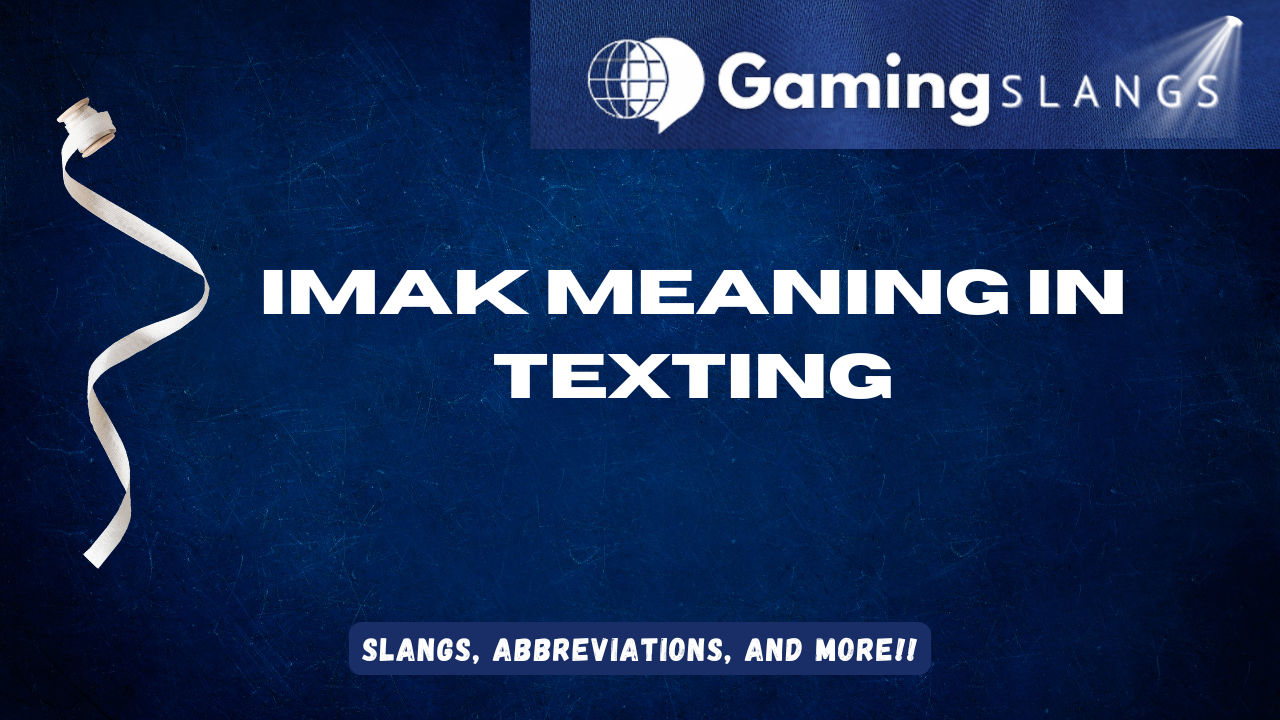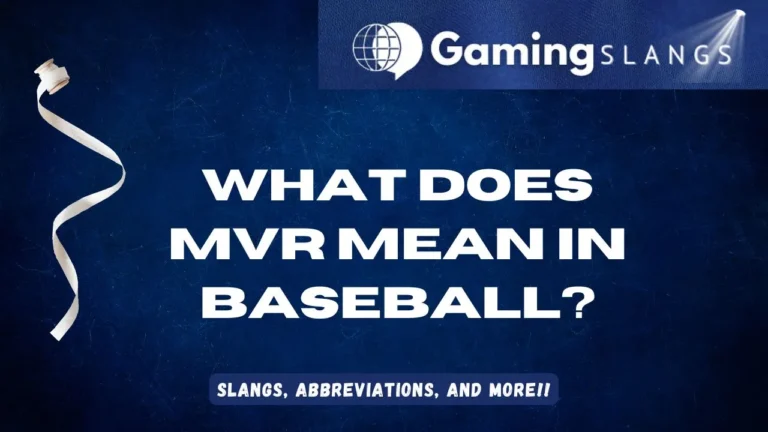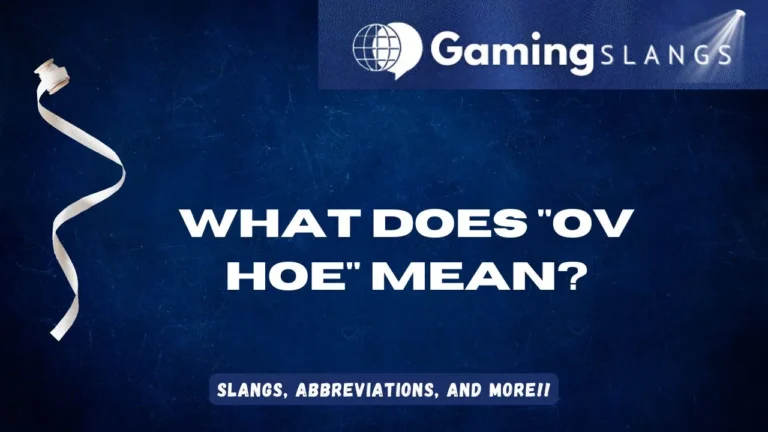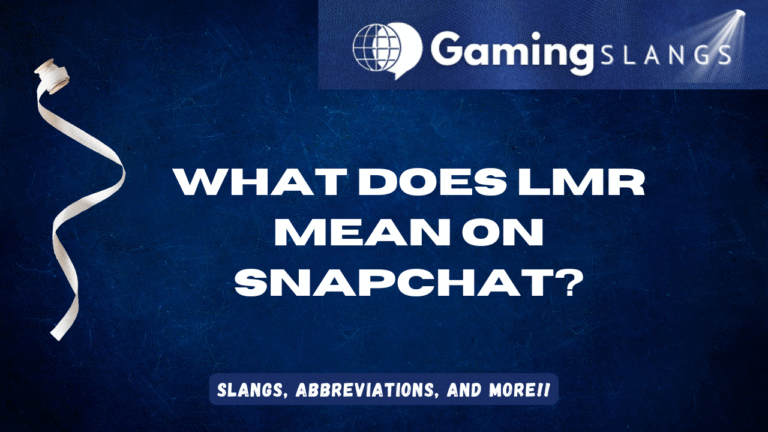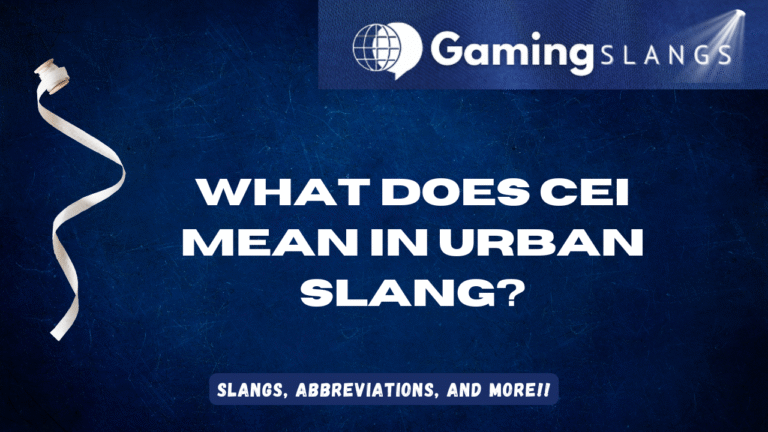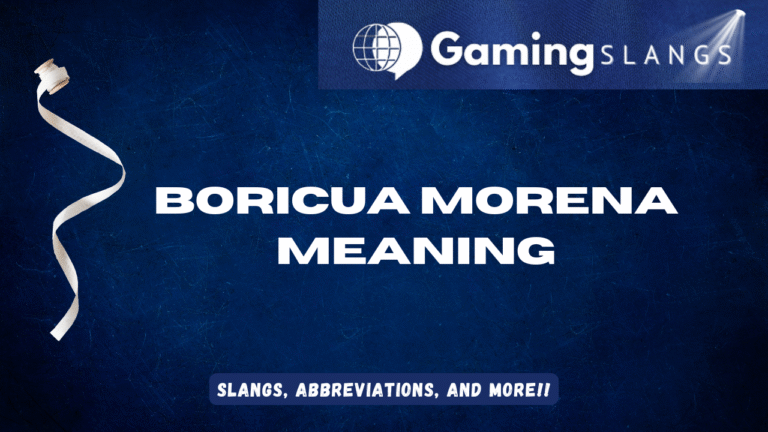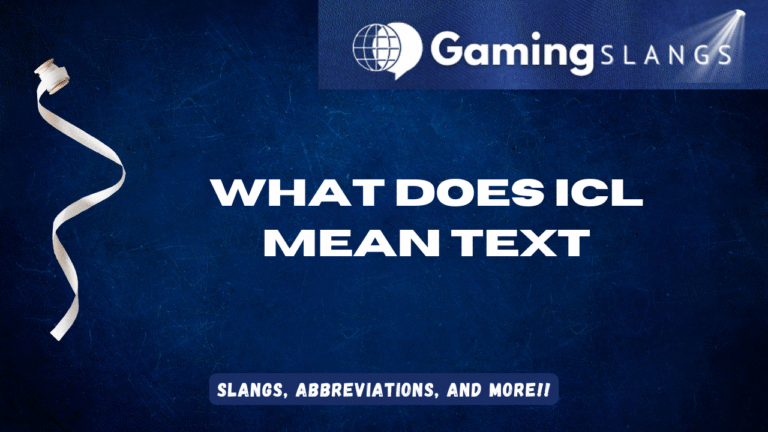IMAK is an abbreviation commonly used in texting and online conversations. It stands for “I’m Okay.”
People use it to quickly reassure someone that they are fine, safe, or not upset. It’s a simple way of responding when asked about your well-being in casual digital communication.
Origins of IMAK
The slang term “IMAK” originated from the rise of SMS texting and instant messaging, where users shortened phrases to save time and space.
With the popularity of abbreviations like “brb” (be right back) and “idk” (I don’t know), “IMAK” developed as a quick way to say I’m okay, becoming part of modern texting culture.
How to Use IMAK in a Sentence?
“IMAK” is generally used when someone checks on you or asks how you’re feeling. It conveys reassurance in a short, informal way.
Here are five examples:
- Friend: “Are you feeling better now?” – You: “Yeah, IMAK.”
– Reassures the friend that you’re doing fine. - “Don’t worry about me, IMAK.”
– Used to calm someone’s concern. - “I was stressed earlier, but IMAK now.”
– Shows that your situation has improved. - “Thanks for checking, IMAK after the exam.”
– Expresses relief or stability after a stressful event. - “I fell, but it’s not serious. IMAK.”
– Clarifies that you are okay despite an incident.
Pronunciation of IMAK
Pronounced as: eye-may-k
(placeholder for audio pronunciation)
Words Similar to IMAK
- IMO – In My Opinion; used to share personal views.
- IDK – I Don’t Know; used when unsure about something.
- IMHO – In My Humble Opinion; a softer way of sharing thoughts.
- BRB – Be Right Back; quick response for short absences.
- ILY – I Love You; commonly used to express affection.
Each of these abbreviations, like IMAK, reflects how people simplify communication in texting and online chatting.

